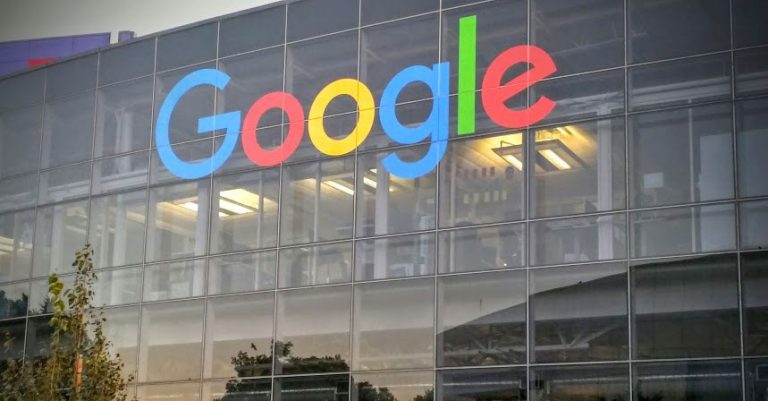
Rattled by the growing popularity of ChatGPT, Google’s parent company, Alphabet, is reportedly making moves to address potential threats the new AI-powered search machine may pose to its business.
The Times reported, citing an internal memo and audio recording it reviewed, that CEO Sundar Pichai participated in several meetings around Google’s AI strategy and has directed numerous groups in the company to refocus their efforts on addressing the threat that ChatGPT poses on its search engine business.
Per the Times, teams in Google’s research, Trust and Safety division among other departments have been directed to switch gears to assist in the development and launch of new AI prototypes and products. Some employees have even been tasked to build AI products that generate art and graphics similar to OpenAI’s DALL-E used by millions of people, the report said.
Register for Tekedia Mini-MBA edition 19 (Feb 9 – May 2, 2026): big discounts for early bird.
Tekedia AI in Business Masterclass opens registrations.
Join Tekedia Capital Syndicate and co-invest in great global startups.
Register for Tekedia AI Lab: From Technical Design to Deployment (next edition begins Jan 24 2026).
Reporting on the development, Insider highlighted below, efforts that Alphabet is making to ensure that Google’s multi-billion dollar ad business is not in any way threatened by the rise of ChatGPT.
Google’s move to build out its AI product portfolio comes at a moment when Google employees and experts alike debate whether ChatGPT — run by former Y Combinator president Sam Altman — has the potential to replace the search engine and in turn hurt Google’s ad-revenue business model.
Sridhar Ramaswamy, who oversaw Google’s ad team between 2013 and 2018, said that ChatGPT could prevent users from clicking on Google links with ads, which generated $208 billion — 81% of Alphabet’s overall revenue — in 2021, Insider reported.
ChatGPT, which amassed over 1 million users five days after its public launch, can generate singular answers to queries in a conversational, human-like way by synthesizing information from millions of websites. Users have asked the chat bot to write a college essay, provide coding advice, and even serve as a therapist, Insider previously reported.
But some have been quick to notice that the bot is often riddled with errors. ChatGPT is unable to fact-check what it says and can’t distinguish between a verified fact and misinformation, AI experts told Insider. It can also make up answers, a phenomenon that AI researchers call “hallucinations.”
The bot is capable of generating offensive responses that are racist and sexist, Bloomberg reported.
The chat bot’s high margin of error and vulnerability to toxicity are some of the reasons why Google is hesitant to release its AI chat bot LaMDA — short for Language Model for Dialogue Applications — to the public, according to the Times. A recent CNBC report said Google execs are reluctant to release it widely in its current state over concerns over “reputational risk.”
Chat bots are “not something that people can use reliably on a daily basis,” Zoubin Ghahramani, who leads Google’s A.I. lab Google Brain, told the Times before ChatGPT was released.
Instead, Google may focus on improving its search engine over time rather than taking it down, experts told the Times.
As Google reportedly works full steam ahead on new AI products, we might get an early look at them at Google’s annual developer conference, I/O, which is expected to take place in May.



